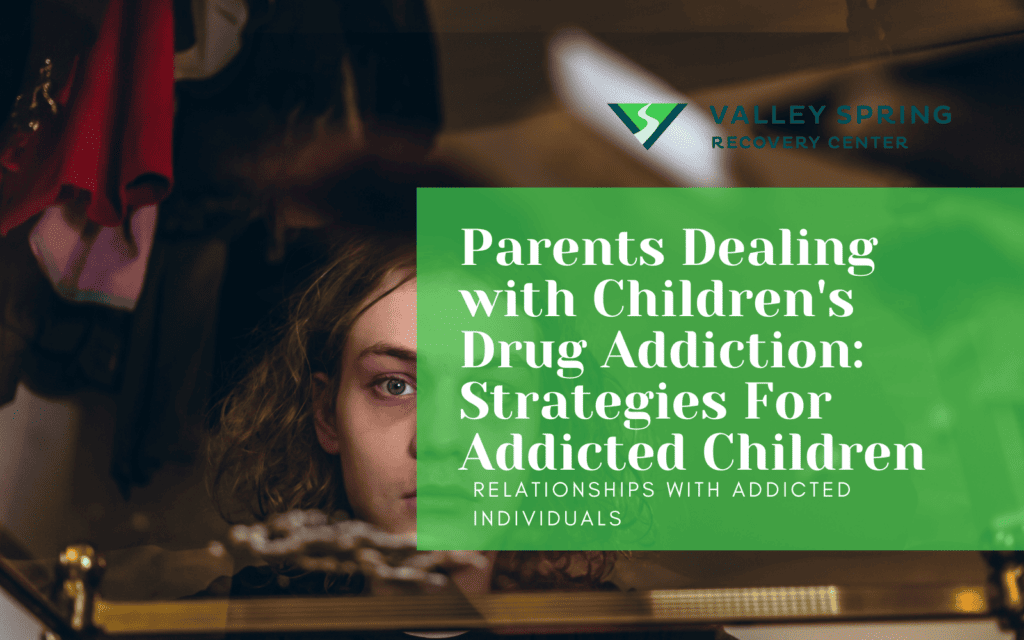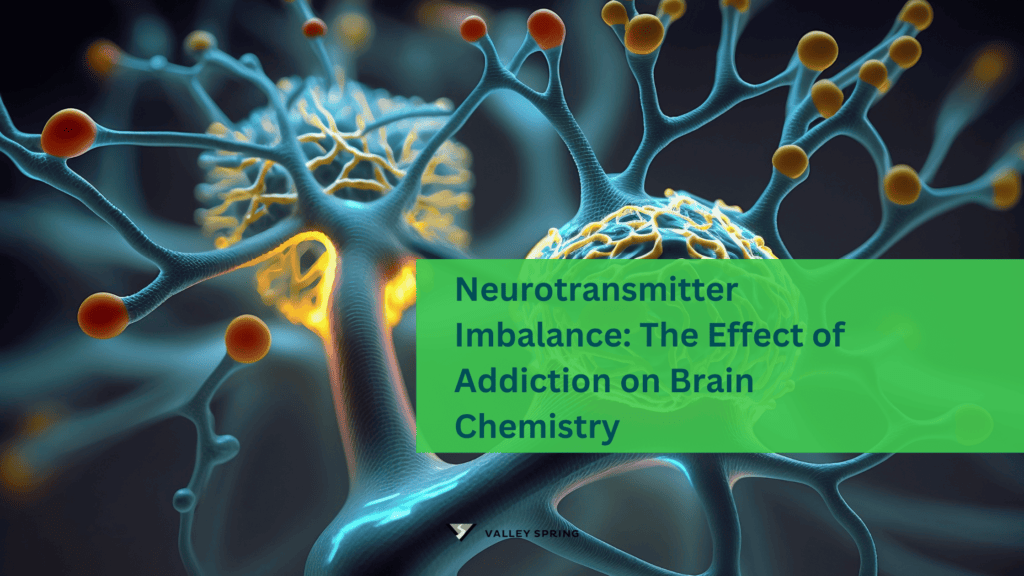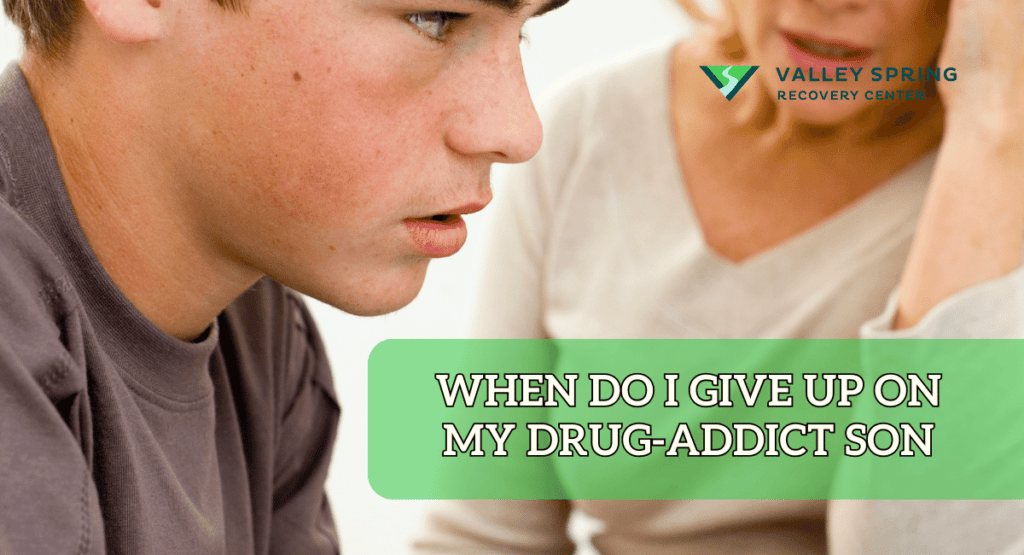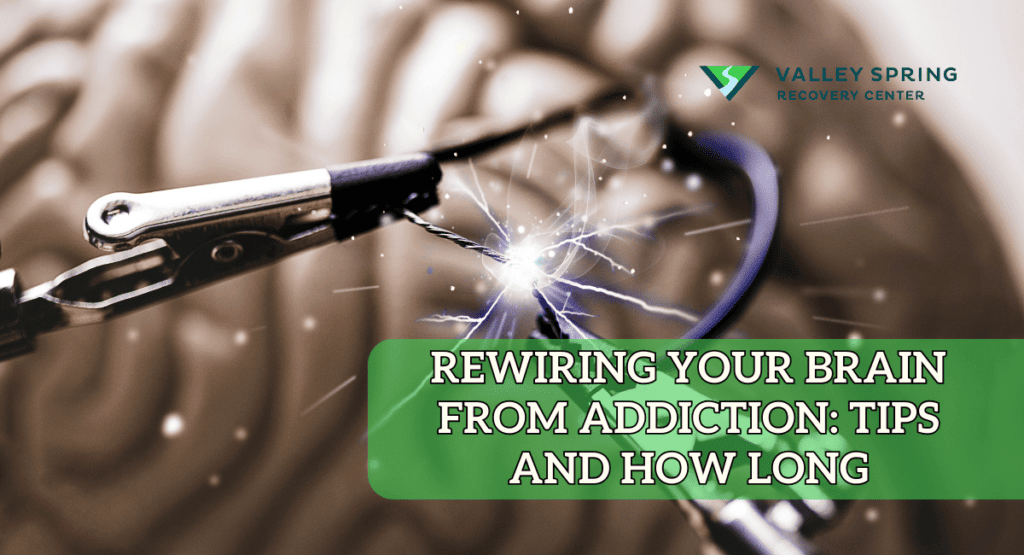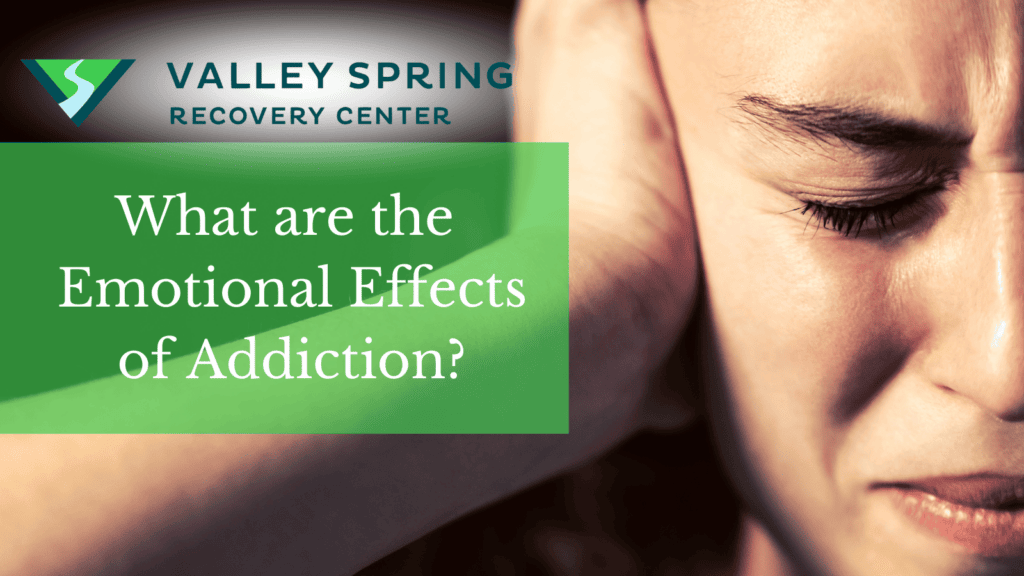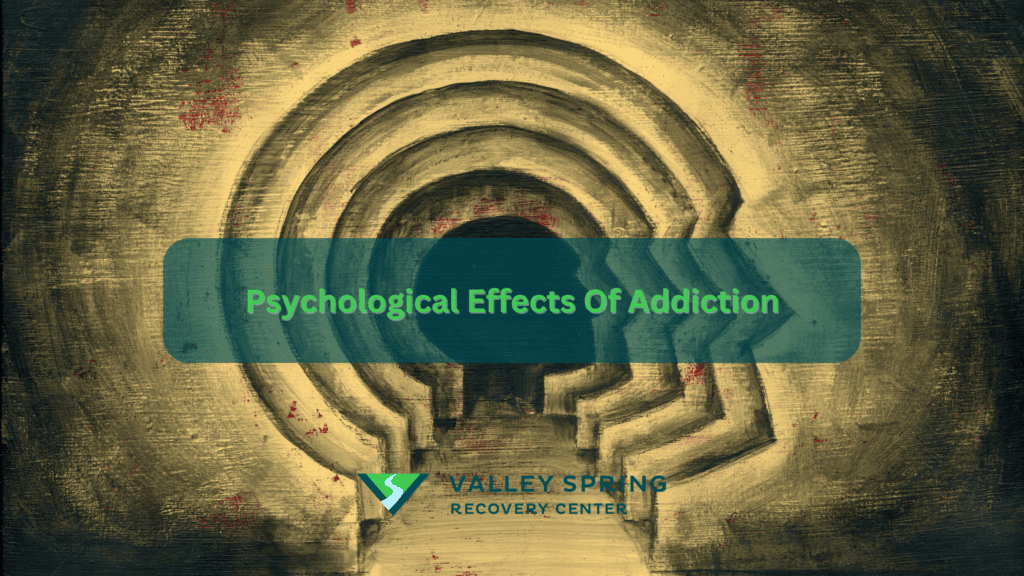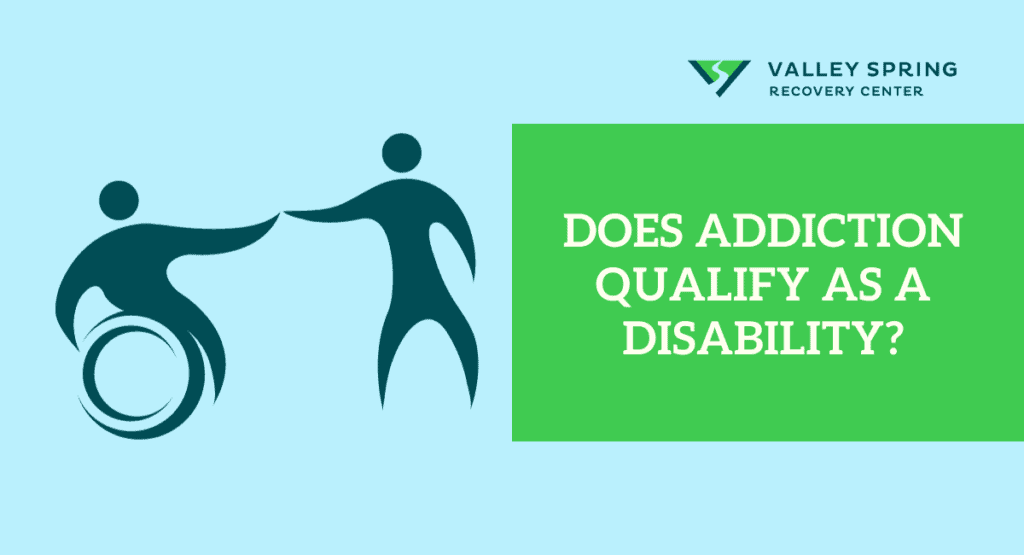Parents dealing with their children’s drug addiction face a complex and chronic condition characterized by the compulsive use of drugs despite adverse consequences. This condition extends beyond the individual struggling with substance abuse and permeates the lives of parents and family members and particularly parents. The impact of addiction on parents is emotional, psychological, and often financial as they navigate the difficulties associated with their child’s substance use. Addiction disrupts family dynamics, triggers feelings of guilt, shame, and stigma, and necessitates coping strategies to address the multifaceted aspects of the parental experience amid their children’s struggles with drug addiction.
Globally, about 39.5 million people suffer from drug addiction (World Health Organization, 2021). To help families navigate this issue, it’s vital to understand its prevalence in parenting. Prioritizing self-care, setting boundaries, and seeking professional help are key ways parents can mitigate the effects of an addicted child and support their their journey to recovery.
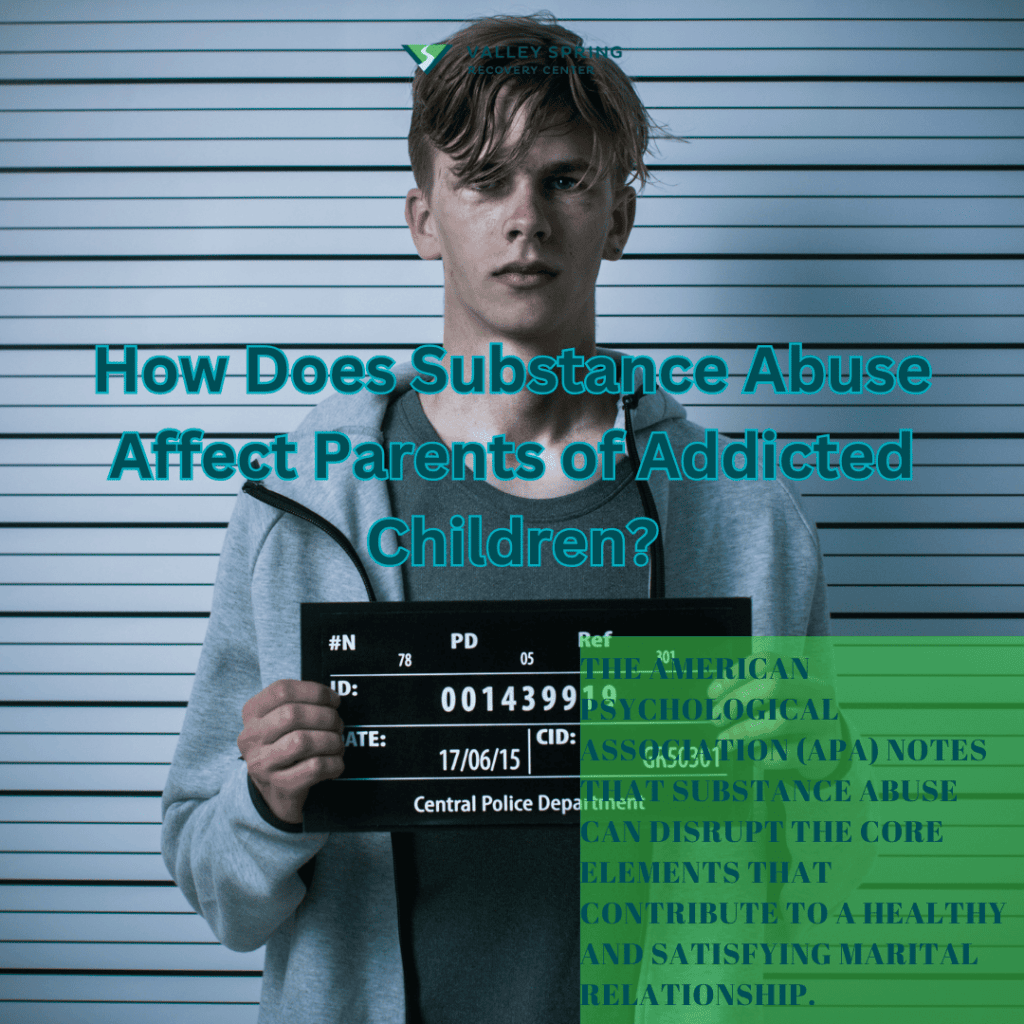
How Does Substance Abuse Affect Parents of Addicted Children?
Parenting a child struggling with substance abuse profoundly impacts parents both emotionally and psychologically. According to a study by Prudence Mafa and Jabulani Calvin Makhubele (2020), substance abuse can create significant conflicts within parental relationships, add strain to sibling bonds, and reverberate through various facets of family life. This analysis aims to highlight the specific challenges that arise in the dynamics of parental relationships, parent-child interactions, and sibling relationships.
Parental Relationship Challenges: Parents often face conflicts and disagreements on how to best manage their child’s addiction, which can lead to significant marital strife. For instance, disputes over whether to seek professional help or rely on religious interventions can severely strain relationships (Mafa & Makhubele, 2020).
Parent-Child Dynamics: The burden of supporting a child with an addiction while maintaining stability for other children can overwhelm parents, often leading to an imbalance in attention and care. This discrepancy can result in feelings of neglect among non-addicted siblings, further complicating family dynamics (National Institute on Drug Abuse, 2019).
Financial Strain: One of the most pervasive and challenging aspects of dealing with a child’s substance abuse is the financial strain it places on the family. The costs associated with treatment, such as rehabilitation programs, counseling, and medication, can be substantial. Moreover, legal expenses arising from drug-related offenses further exacerbate financial pressures. A study from the Journal of Health Economics (2018) highlights that families dealing with addiction can face significant economic burdens, often needing to redirect funds from essential household needs or savings to cover addiction-related costs. This financial burden not only stresses the family budget but can also lead to long-term economic instability, affecting the family’s ability to invest in education, health care, or retirement savings. The cumulative financial impact is a critical aspect that can deepen existing family crises, making recovery and stabilization even more difficult.
Sibling Relationships: Younger siblings might develop fear and resentment towards the addicted sibling, contributing to strained relationships within the family. Additionally, behaviors such as theft by the addicted sibling to fund their addiction can destroy trust and deepen familial tensions (American Psychological Association, 2018).
Coping Challenges: Frequently, the responsibility of managing the child’s addiction falls disproportionately on one parent, adding to their emotional and practical burdens. This can include attending therapy sessions alone and handling the crises that arise due to the addiction (Substance Abuse and Mental Health Services Administration, 2021).
| Aspect | Impact of Child’s Substance Abuse on Parents | Recommended Actions |
|---|---|---|
| Parental Relationship Challenges | Conflicts and disagreements on how to address the child’s addiction lead to marital strife. Disputes over treatment approaches, whether to seek professional help or rely on religious interventions, can severely strain relationships. (Mafa & Makhubele, 2020) | Seek couple’s counseling or family therapy to address and resolve conflicts. Engage in open communication workshops to enhance understanding and cooperation. |
| Parent-Child Dynamics | Supporting a child with an addiction while maintaining stability for other children creates significant stress. This often leads to an imbalance in attention and care, resulting in feelings of neglect among non-addicted siblings, complicating family dynamics. (National Institute on Drug Abuse, 2019) | Implement structured family routines and activities that involve all children equally. Use professional family counseling to help manage dynamics and ensure each child’s needs are met. |
| Sibling Relationships | Younger siblings may develop fear and resentment towards the addicted sibling, contributing to strained relationships within the family. Theft by the addicted sibling to fund their addiction destroys trust and deepens familial tensions. (American Psychological Association, 2018) | Facilitate sibling support groups or therapy sessions to address emotional distress and resentment. Educate siblings on addiction as a disease to foster empathy and understanding. |
| Coping Challenges | Often, one parent disproportionately shoulders the responsibility of managing the child’s addiction, adding emotional and practical burdens. This includes attending therapy sessions alone and handling crises that arise due to the addiction. (Substance Abuse and Mental Health Services Administration, 2021) | Share responsibilities among both parents and other family members if possible. Seek support from external family support groups to lessen the burden and share experiences. |
| Overall Impact | The emotional and practical strains of dealing with a child’s substance abuse leave parents feeling overwhelmed and incapable of effectively catering to the needs of all their children, often requiring navigation through complex emotional landscapes while ensuring the well-being of the entire family. (Journal of Substance Abuse Treatment, 2020) | Engage in personal therapy and stress management techniques. Utilize community resources and support networks to maintain personal and family well-being. |
| Financial Strain | Significant economic burdens arise from costs associated with treatment, counseling, medication, and legal expenses related to drug-related offenses. This financial strain can lead to long-term economic instability, impacting the family’s ability to invest in essential areas like education, health care, or retirement savings. (Journal of Health Economics, 2018) | Explore financial assistance programs for families dealing with addiction. Budget and plan finances with the help of financial counseling to accommodate unforeseen expenses related to treatment and recovery. |
The emotional and practical strains of dealing with a child’s substance abuse can leave parents feeling overwhelmed and incapable of effectively catering to the needs of all their children. This situation often requires navigating complex emotional landscapes while ensuring the well-being of the entire family according to the Journal of Substance Abuse Treatment’s 2020 report. Parents face intricate challenges parents when a child is battling substance abuse as seen by the 2020 study by Mafa and Makhubele. Recognizing these issues is critical for developing effective support systems that can assist parents in managing these difficult dynamics and fostering a healthier family environment.
How to Cope With Conflicts Between Parents of Addicted Children?
Coping with conflicts between parents of addicted children requires open communication and mutual understanding. Establishing a platform for honest dialogue allows parents to express their concerns, perspectives, and preferred approaches. Seeking professional guidance, such as family therapy or counseling, can provide a neutral space for mediation and strategies to navigate disagreements effectively. Collaborative decision-making, wherein both parents actively participate in crafting solutions, fosters a sense of shared responsibility. Additionally, cultivating empathy for each other’s viewpoints and acknowledging the complexities of addiction enables a more supportive and unified parental front, which is essential for addressing the challenges posed by their child’s substance abuse.
What Strategies Can Parents Apply to Avoid Ignoring Their Non-Addicted Children?
To prevent neglect of non-addicted children while addressing the challenges posed by a child’s substance abuse, parents can implement practical strategies. Establishing a structured routine that allocates dedicated time for each child ensures equitable attention. Open communication about the situation fosters understanding among siblings and helps alleviate potential feelings of neglect. Seeking external support, such as involving trusted family members or friends, can offer additional assistance in caring for non-addicted children. By actively involving non-addicted siblings in discussions about the addicted child’s recovery, parents can promote a sense of inclusion and shared responsibility within the family dynamic.
What Effective Strategies Can Parents Employ When Dealing With an Addicted Child?
Parents are the primary caregivers for their children, and they often play a crucial role in helping them recover from addiction. There are a number of effective strategies that parents can employ when dealing with an addicted child, like those we provide below:
- Educate yourself about addiction: The first step for parents is to educate themselves about addiction. This includes understanding the signs and symptoms of addiction, the different types of drugs, and the effects of dependence on the brain and body. Parents should also learn about the treatment options available and how to support their child during recovery.
- Talk to your child: Once parents have educated themselves about addiction, they need to talk to their children about their concerns. This can be a difficult conversation, but being honest and direct with your child is essential. Let them know that you are concerned about their drug use and that you want to help them get help.
- Set boundaries: Parents need to set boundaries with their addicted children. This may include things like not allowing them to use drugs in the house, not giving them money, and not making excuses for their behavior. Parents should also be prepared to enforce these boundaries, even if it means saying no to their child.
- Encourage treatment: One of the most important things parents can do is encourage their child to seek treatment. This may involve helping them find a treatment program that is right for them or providing transportation to and from treatment sessions. Parents should also support their children during treatment and encourage them to stay on track with their recovery.
- Support groups: There are many support groups available for parents of addicted children. These support groups can provide parents with information, resources, and support from other parents who have been through similar experiences.
Here are some additional tips for parents dealing with an addicted child:
- Be patient. Recovery is a process, and it takes time. Expect your child to stay the same overnight.
- Be supportive. Let your child know that you love them and are there for them.
- Be realistic. Recovery is a lifelong journey. There will be setbacks along the way.
- Take care of yourself. Parents need to take care of themselves emotionally and physically. This includes eating healthy, getting enough sleep, and exercising regularly.
Remember, you are not alone. There are many resources available to help you and your child.
How to Set Boundaries With Your Addicted Son or Daughter Without Feeling Guilty?
Setting boundaries with your addicted child is a necessary step in helping them recover, but it can be challenging to do without feeling guilty. Here are some tips:
- Remember that you are not responsible for your child’s addiction: It’s important to remember that you are not responsible for your child’s addiction. Addiction is a disease, and it’s not something that you could have prevented.
- Set boundaries with love and compassion: When setting boundaries with your child, it’s essential to do so with love and compassion. Let them know you are setting boundaries because you love and want to help them.
- Be consistent with your boundaries: This means enforcing them even when it’s complicated.
- Seek support: If you’re struggling to set boundaries with your child, seek support from a therapist or counselor. They can help you develop strategies for setting and enforcing boundaries.
How To Identify The Fine Line Between Supporting My Addicted Child and Enabling Their Addiction?
The fine line between supporting your addicted child and enabling their addiction can be challenging to identify, but there are some key differences:
- Supporting your addicted child means providing them with love, encouragement, and resources to help them recover. This may include helping them find a treatment program, providing transportation to and from treatment sessions, and attending support groups.
- Enabling your addicted child means doing things that allow them to continue using drugs without consequences. This may include giving them money, making excuses for their behavior, or covering up their drug use.
Here are some tips for identifying the fine line between support and enabling:
- Ask yourself if your actions are helping or hindering your child’s recovery. If your actions are making it easier for your child to continue using drugs, then you are enabling them.
- Consider your child’s needs. What does your child need from you to recover? Are you providing those things?
- Be honest with yourself about your motivations. Are you doing things to help your child recover, or are you doing them to make yourself feel better?
Talking to a therapist or counselor is helpful if you are unsure whether your actions are supportive or enabling. They can help you assess your situation and develop strategies for supporting your child’s recovery without enabling their addiction.
What Are Examples of Parents Enabling Their Children’s Addiction?
Here are 5 examples of parents enabling their children’s addiction:
1. Giving your child money, even though you know they will use it to buy drugs. This is enabling because it allows your child to continue using drugs without consequences. When you give your child money, they do not have to work or find other ways to obtain money, which can make it easier for them to continue using drugs. Additionally, when do this, you send the message that you are okay with their behavior.
2. Make excuses for your child’s behavior, such as saying they are “just going through a phase” or “under a lot of stress.” This is enabling because it minimizes the severity of your child’s drug use and the consequences of that use. When you make excuses for your child’s behavior, you are not holding them accountable for their actions. Additionally, you may be sending the message that their behavior is acceptable or that it is not a big problem.
3. Covering up your child’s drug use, such as by lying to the police or their school. It protects your child from the consequences of their actions. When you cover up your child’s drug use, you are not allowing them to learn from their mistakes and grow. Additionally, you may be putting yourself in legal jeopardy.
4. Letting your child live with you even though they are not in treatment or following the house’s rules. It provides your child with a safe place to use drugs. When you let your child live with you even though they are not in treatment or are not following the rules of the house, you are sending the message that their drug use is acceptable and that there are no consequences for their actions.
5. Not enforcing boundaries, such as allowing your child to use drugs in the house or to hang out with friends who use drugs. It creates an environment that is conducive to drug use. When you do not enforce boundaries, you are sending the message that your child’s drug use is acceptable and that you do not care about their well-being.
What Are The Different Types Of Treatments For My Addicted Teen Or Adult Child?
There are a variety of different types of treatment available for addicted children. The best type of treatment for your child will depend on their individual needs and circumstances.
Some of the most common types of treatment for addicted children include:
- Detoxification: This is the process of removing drugs from the body under medical supervision. Detoxification can be difficult and uncomfortable, but the child must begin recovery.
- Inpatient treatment: This type involves the child staying in a residential facility 24 hours a day, 7 days a week. Inpatient treatment provides the child with intensive support and supervision.
- Outpatient treatment: This allows the child to live at home while attending therapy and other daily sessions. Outpatient treatment is a good option for children who have a robust support system at home and who are motivated to recover.
- Behavioral therapies: focus on helping children change their thoughts, behaviors, and feelings. They can be delivered in individual, group, or family settings. Some examples of behavioral therapies include cognitive-behavioral therapy (CBT), motivational interviewing, and contingency management.
- Medication-assisted treatment (MAT): MAT combines behavioral therapies with medications to help children manage their cravings and withdrawal symptoms. Medications that are commonly used in MAT for children include methadone, buprenorphine, and naltrexone.
- Family therapies: These therapies help families understand and address the addiction. They can help families to communicate better, resolve conflicts, and develop healthy coping mechanisms.
- Peer support groups: Peer support groups provide children with a safe and supportive environment to share their experiences with other children in recovery. Peer support groups can help children to feel less alone and to learn from each other.
Can I Force My Child Into Rehab?
Forcing a child into rehab is a complex and ethically sensitive matter. While the desire to address a child’s substance abuse problem is understandable, coercion may not be the most effective or sustainable approach. Instead, consider these steps:
- Open Communication: Initiate an open and non-judgmental conversation with your child about their substance use. Encourage them to share their thoughts and feelings.
- Express Concern: Communicate your concerns for their well-being, health, and future. Share specific instances that have raised your worries.
- Seek Professional Advice: Consult with addiction specialists, counselors, or therapists who can provide guidance on the best course of action. They may recommend an intervention or other therapeutic approaches.
- Provide Support: Offer your support and assistance in seeking treatment voluntarily. Emphasize that you are there to help rather than impose control.
- Explore Treatment Options Together: Collaborate with your child to explore various treatment options. Involve them in the decision-making process to increase their commitment to recovery.
- Consider Legal Implications: Depending on your child’s age, legal regulations may impact your ability to compel them into treatment. Be aware of the legal implications in your jurisdiction.
Remember, a collaborative and supportive approach is generally more effective in fostering lasting recovery. Coercion can lead to resistance and may not address the underlying issues contributing to the substance abuse. If in doubt, seek professional advice to determine your situation’s most suitable course of action.
What Are The Downsides To Forcing Your Child Into Rehab?
The consequences of forcing a child into rehab are listed below, however, it’s important to keep in mind that forcing them into rehab may also save their life.
- It can damage the parent-child relationship: Forcing a child into rehab can damage the trust and respect between parent and child. The child may feel betrayed and resentful, and this can make it more difficult for them to recover from their addiction.
- It can lead to resentment and rebellion: If a child is forced into rehab, they may feel resentful and rebellious. This can make them more likely to relapse once they leave treatment.
- It can be ineffective: Studies have shown that forced treatment is often inadequate. In fact, it may even make the addiction worse.
- It is not a substitute for motivation: Recovery from addiction requires explanation. If a child is not motivated to get help, forcing them into rehab is unlikely to be successful.
How will my child’s sibling react to them going to rehab?
The reaction of a child to their sibling going to rehab can vary greatly depending on various factors such as their age, understanding of the situation, emotional maturity, and the dynamics of their relationship with the sibling. Here are some common reactions and considerations:
- Confusion: Younger children might not fully understand the concept of rehab or addiction. They may be confused about why their sibling is leaving home and when they will return.
- Relief: If the sibling’s addiction led to disruptive or harmful behavior at home, other children might feel a sense of relief knowing that their sibling is getting help and that the home environment might become more stable.
- Fear or Anxiety: Some children may fear for their sibling’s well-being or worry about the changes this might bring to their family life. They might also be anxious about how their sibling will be treated in rehab or about the possibility of relapse.
- Jealousy or Resentment: In cases where the addicted sibling receives a lot of attention and care, other children might feel jealous or resentful. They may feel that their needs or achievements are being overshadowed or neglected.
- Sadness or Grief: The temporary loss of a sibling to rehab can evoke feelings of sadness, similar to grief. Children may miss their sibling’s presence and worry about missing out on shared experiences.
- Guilt: Some children might irrationally blame themselves for their sibling’s addiction or feel guilty about not having been able to prevent it.
- Embarrassment or Stigma: Especially for teenagers, there might be a sense of embarrassment about their sibling’s addiction, fearing judgment from peers or the wider community.
- Hope and Optimism: On a positive note, children may also feel hopeful and optimistic about their sibling getting the help they need and possibly returning home healthier and happier.
To support a child during this time, it’s crucial to:
- Communicate Openly: Explain the situation in an age-appropriate manner, emphasizing the positive aspects of rehab and the importance of seeking help for health issues.
- Reassure Them: Reassure the child of their sibling’s love and the fact that going to rehab is a step towards healing.
- Maintain Routines: Keeping routines as normal as possible can provide a sense of stability.
- Encourage Expression of Feelings: Allow them to express their emotions and thoughts, and validate these feelings.
- Seek Support: Consider seeking additional support for siblings of the addicted child, like counseling, especially if they are struggling to cope with their sibling’s absence or the circumstances surrounding it.
Ben Fisher
All author postsShare This Post

